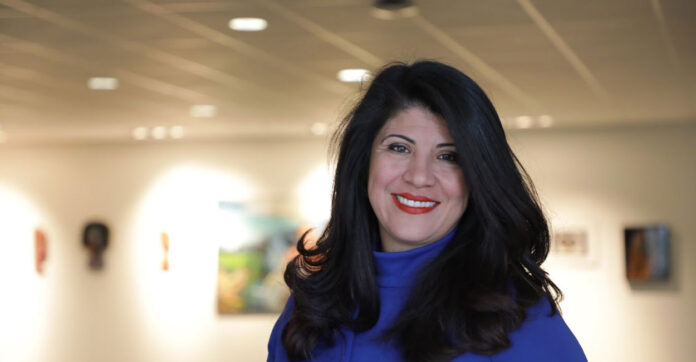
Educator Debora Carrera is transforming education in Philadelphia with her unwavering enthusiasm and commitment. Her dedication to empowering youth through knowledge has made her an inspiring figure for students and educators alike for nearly three decades.
Born and raised in Philadelphia to Puerto Rican parents, Debora’s story, now as the city’s Education Director appointed by Mayor Cherelle Parker, is an epitome of resilience, determination, and deep-rooted community engagement.
Debora’s upbringing was marked by the strong influence of her mother, Lidia Borges, a single parent who instilled in her six children the values of faith, education, and hard work. Despite facing challenges like divorce and financial hardships, Debora’s mother ensured that her children received a strong foundation both academically and in their cultural heritage.
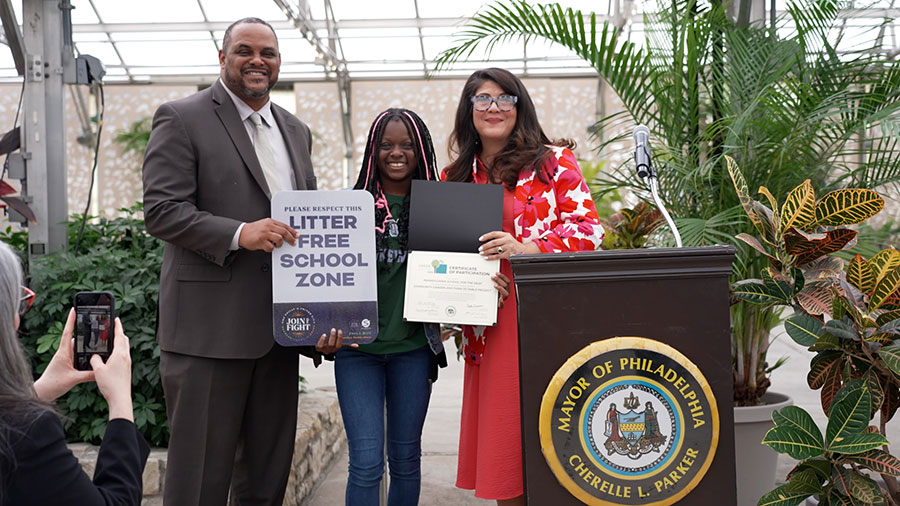
Attending a bilingual elementary school in Philadelphia proved to be a pivotal moment in Debora’s life, where she not only honed her Spanish language skills but also developed a strong sense of identity and pride in her Puerto Rican heritage. The presence of Latina educators, including the influential Felicita Meléndez, inspired Debora to pursue a career in education and become a role model for future generations.
Debora’s educational journey took her from being a student at a bilingual school to becoming a teacher, then an assistant principal, and finally a school principal. Her relentless pursuit of knowledge led her to earn a master’s degree in educational leadership and subsequently a doctoral degree, a testament to her unwavering commitment to learning and growth.
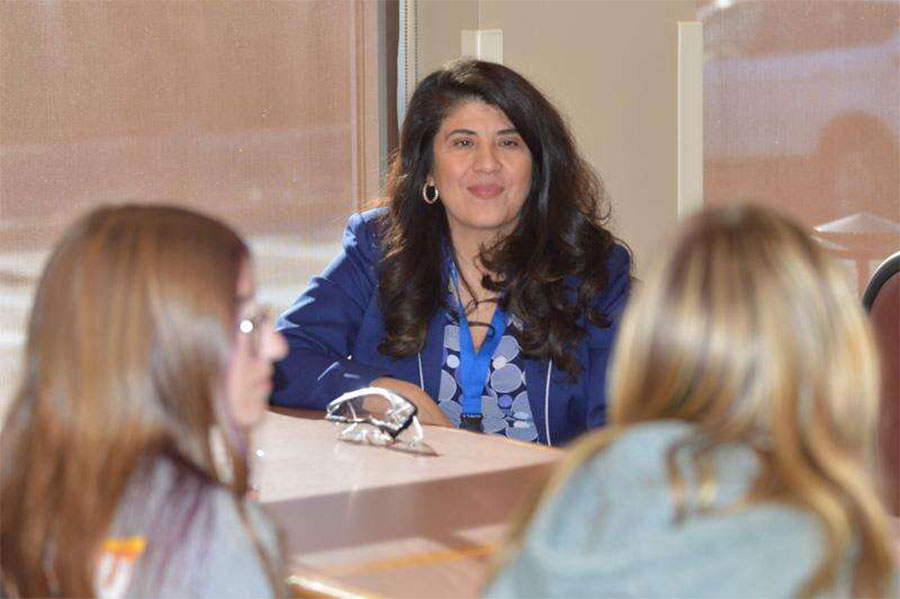
Throughout her career, Debora has been a vocal advocate for the importance of representation and diversity in the education system. She emphasizes the need for more teachers of color to support and inspire students from diverse backgrounds.
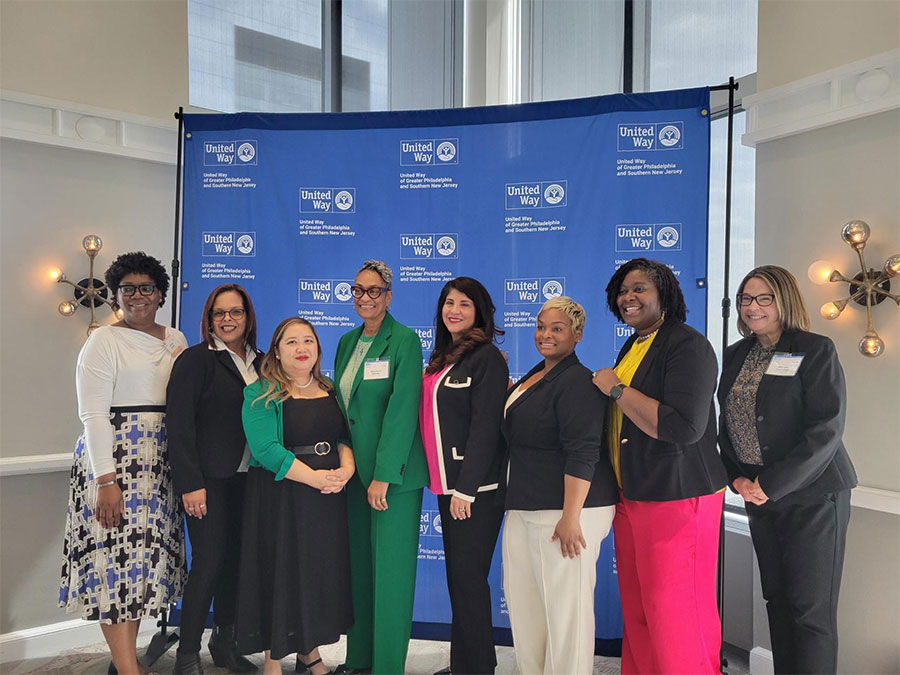
CHAMPION OF A COLLABORATIVE APPROACH
As an educator, Debora recognizes the challenges facing today’s youth, particularly in terms of identity, technology, and access to resources. She highlights the impact of technology on young people’s self-image and advocates for a collaborative approach among community organizations, educational institutions, and government agencies to support the holistic development of youth.
The holistic approach she proposes involves parents, teachers, churches, communities, and organizations to address the challenges faced by young people. «From the influence of technology to gun violence, it is crucial to seek effective strategies that promote a safe and supportive environment for children’s development,» she emphasizes.
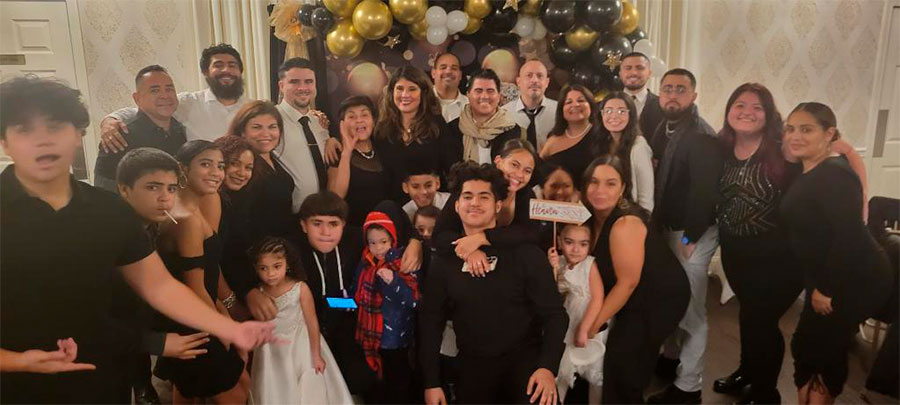
Debora’s dedication to her community extends beyond the classroom, as she actively works to bridge the gap between resources and the community, especially in the Latino population. Her leadership roles in various educational settings and government positions have allowed her to advocate for equitable access to education and opportunities for all students.
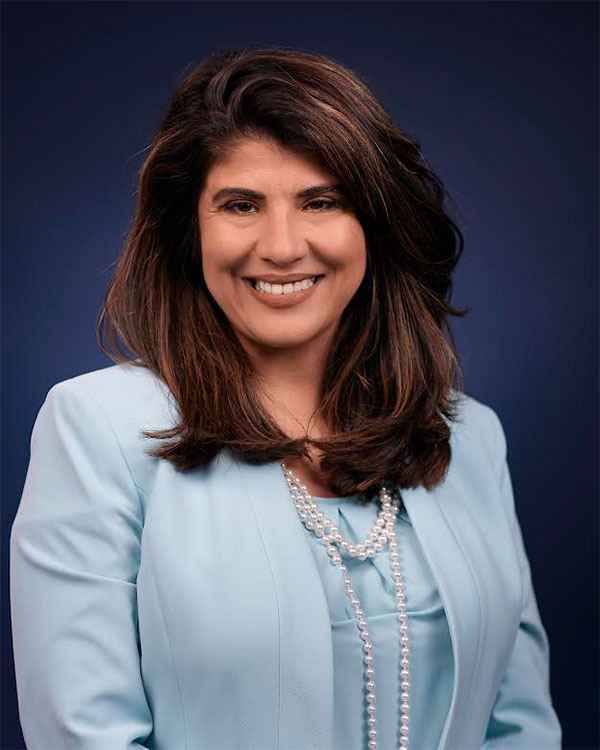
EDUCATION AS A POWERFUL TOOL
One of the key points highlighted by Debora is the importance of education as a tool to break the cycle of poverty. With a personal experience that motivates her, she emphasizes that quality education is essential to provide economic opportunities and transform lives. Her commitment to education is reflected in her work and in the creation of innovative initiatives to support young people on their academic journey.
Debora recognizes the critical role parents play in their children’s education. She emphasizes that active parental involvement can significantly impact students’ academic performance and behavior. To create a truly enriching and safe learning environment, collaboration between schools, organizations, and families is essential.
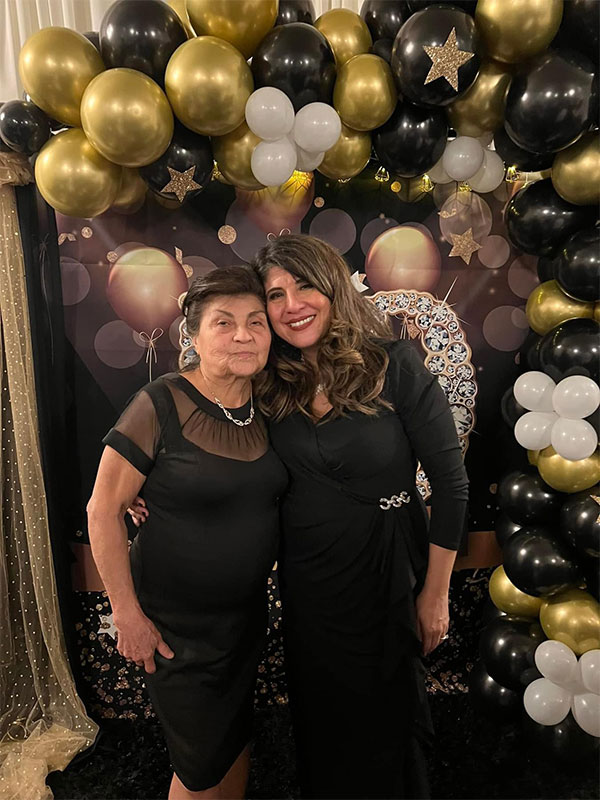
In a world where educational and social challenges are increasingly complex, Debora invites us to reflect on the importance of working together as a community to provide children and young people with the tools and support they need to thrive.
In addressing the complexity of the teaching role today, she emphasizes that teachers do not only act as transmitters of knowledge, but also take on the roles of counselors, therapists, and defenders of students’ rights. This multiplicity of functions demands exceptional dedication from educators, who face increasingly complex challenges in an ever-evolving educational environment.
Debora’s inspiring vision and commitment to education remind us that through collaborative work it is possible to build a better future for generations to come.
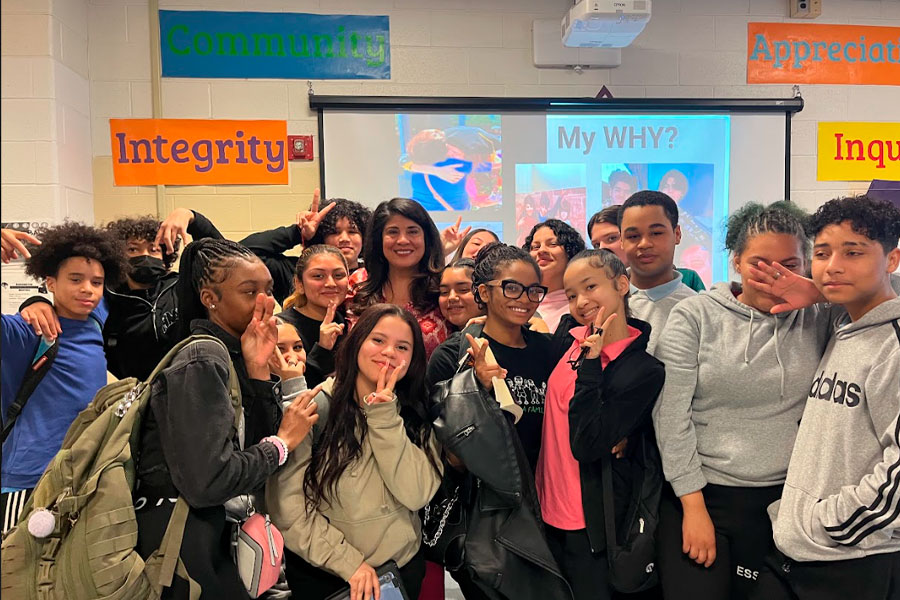
Debora Carrera’s story is a testament to the power of education, resilience, and community support to overcome obstacles and achieve success. Her unwavering commitment to empowering youth and promoting diversity in education serves as an inspiration to both educators and students, making her a true pioneer in the field of education in Philadelphia.






